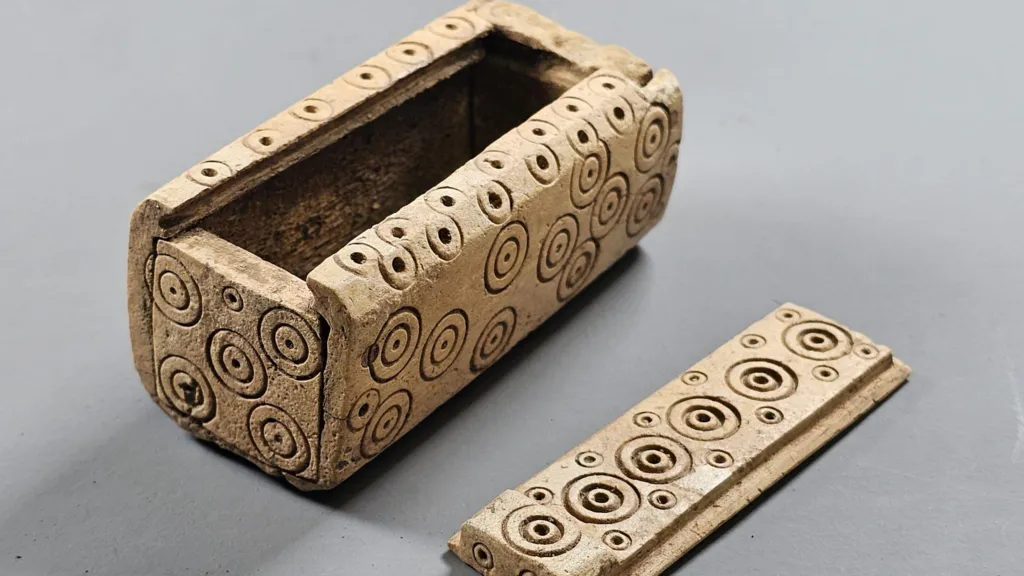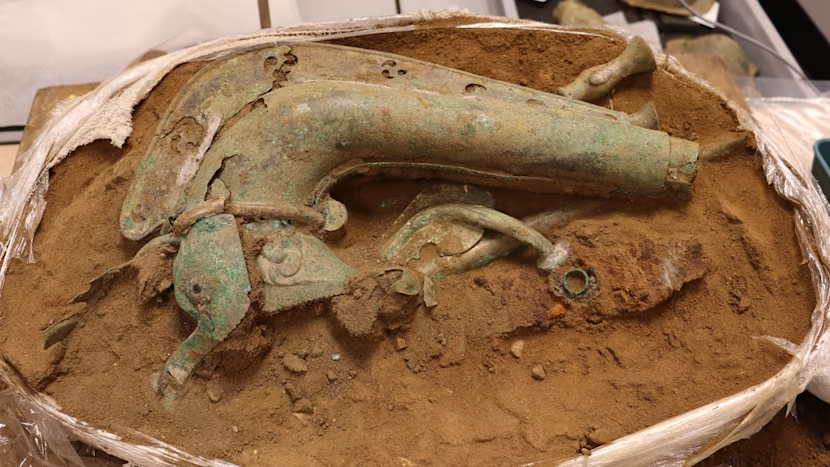Mystical Beings of Arabian Lore
Djinn are supernatural beings deeply rooted in Arabian folklore and Islamic tradition. These spirits, believed to be created from smokeless fire, have intrigued people for centuries with their mysterious powers, intelligence, and moral duality. They appear in myths, religious texts, and oral stories across the Middle East.
Origins and Historical Context
The concept of Djinn predates Islam, appearing in pre-Islamic Arabian beliefs. With the advent of Islam, their roles evolved, blending into religious teachings. Djinn were described as beings capable of both good and evil, possessing free will similar to humans. This duality allowed them to play versatile roles in folklore, from tricksters to protectors.
Supernatural Abilities and Characteristics
Djinn are often portrayed as shape-shifters, capable of invisibility, flight, and influencing the physical world. Some legends depict them as powerful entities controlling natural forces, while others emphasize their mischievous or malevolent tendencies. Stories of Djinn encounters often highlight moral lessons about respect, caution, and human ambition.
Legends and Cultural Impact
From “One Thousand and One Nights” to local folklore, Djinn have inspired countless tales, ranging from cautionary myths to fantastical adventures. They are cultural symbols of mystery, unpredictability, and the unseen forces that influence human life.
Conclusion
The Djinn represent a fascinating blend of spirituality, mythology, and morality. Their enduring presence in literature and folklore highlights humanity’s fascination with beings that exist beyond our natural perception, reminding us of the invisible and powerful forces that shape the world.






